You are taking a coach training program and part of this is tons of practice, this is all great but what happens when you can no longer think of a topic to use with your coaching partner. This should be easy, shouldn’t it? Enter coaching topic fatigue. What DO I want to talk about? How do I share something without revealing too much? How do I come up with yet another topic?
We asked our panel of coach facilitator experts to weigh in and here’s what they had to say:
“Sometimes I think of whatever has come across my desk that day that I might need help with. Or even what do I make for dinner? These are all great ways to come up with new coaching topics.” — Merv Rogers, MCC, Chief Coaching Officer, COTBx
“I keep an ongoing list of topics and I've even come to sessions without having a clear topic I want to take action around, but rather ideas/feelings/concepts that I simply want to explore further. In fact, this is where I've been a lot lately with my own coach, and I find that those sessions are often the most meaningful as they really help connect me to myself and my thinking/feeling/being.” — Joanne Peck, PCC, Coach Facilitator/Mentor Coach, COTBx
“Two tips, one preparation. I find that the frustration emerges when you need to come up with coaching topics in the moment. To alleviate that, knowing that practice is part of the program you are in, do some preparation beforehand. Set a timer and give yourself some time to write down potential topics using questions like what do I want more of or less of? What can I use the safe space of coaching to talk through? Having those topics allows you to readily pull them when you need.
Second, zoom out. Frustration can increase when you are so focused on finding a topic, adding one more thing you need to do as part of your coaching program. Zooming out from the current moment to higher level allows you to see the landscape - to remember to reconnect is your intention around coach training. This allows you to reconnect to your goal and expand potential topics you want to use.” — Rosa Edinga, PCC, Coach Facilitator, Mentor Coach, COTBx
“My approach is: 1- Think about what I need and questions/topics I am struggling with, 2- Think about what my clients are bringing to their sessions and use these topics, 3- I have scenarios that I collect and have written down that I can pull from, 4 - If needed, the go to is always, “I am overwhelmed”… cause it is general enough and is usually true!” — Patricia Anne Lee, ACC, Diversity Coach Facilitator COTBx
“It can be daunting to think of multiple topics to be coached on and it can also present an opportunity to examine various issues in different ways through the collaborative coaching process. If someone is taking or has taken Personal Groundwork for Coaching, the Assessment Workbook provides a very useful exploration of typical coaching domains that can stimulate ideas for topics to receive coaching on.
It might also help in coming up with topics to expand thinking beyond coaching as problem-solving and more about how one wants to grow as a person, a leader, a team member, a partner, etc. This aligns with the notion of coaching the person, not the problem. If we can dig deep into ourselves and think of these larger areas that we may wish to be coached on, we're providing our coach collaborators with rich topics to engage with us and a valuable learning opportunity. Of course, we still might describe a problem that we want to solve, but in this context, it becomes more of a symptom of a greater issue and addressing that can provide the coachee with more sustainable growth.” — Joe Simmons, PCC, Coach Facilitator/Mentor Coach, COTBx
“My go-to resource when I'm looking for a topic for coaching is my Personal Groundwork for Coaching Assessment. I consider that tool a snapshot in time and there are always things that surface that require my attention at different times of the year or in my life.
Alternatively, if you are open to it, reach out to your manager, your colleagues or your family and friends and ask for some feedback on what you are doing well and/or what you could be doing differently. Most people shy away from seeking out feedback on a regular basis. This can be one of the most powerful tools in continuing to work on becoming the best version of yourself.
Finally, think about the goals you have set for yourself. Have you achieved them all? Is there something you have always wanted to try or learn more about and for whatever reason you have yet to set the wheels in motion? Coaching can be a wonderful opportunity to begin to explore possibilities and build a bucket list full of things that would fulfil your wildest hopes and dreams. Too often we play it safe thinking we should only focus on what's immediately possible. Why not play a bigger game and challenge yourself to think bigger!” — Sinive Seely, PCC, Coach Facilitator/Mentor Coach COBTx
“I practice meditation and self-reflection to check-in regularly on how I'm doing and feeling. I give myself a little window of time before and after each coaching session and ensure that I'm practicing good self-care habits. Getting sufficient sleep is key as research shows that a lack of sleep can cause mild prefrontal dysfunction which can trigger emotional flooding and impair our decision-making. Doing my own regular personal groundwork – practicing self-care, managing my energy, spending time socializing with supportive friends, working with a coach, actively seeking feedback, and daily self-reflection are integral to ensuring I'm able to optimize my coaching presence while creating a safe and judgement-free space for my clients. If I'm feeling fatigued, I listen to my body and take an inventory as to where I may need to better communicate my boundaries and honour my needs.” — Susan Merli, PCC, Coach Facilitator/Mentor Coach COTBx
“What I suggest to people is to bring the same topics as they will be working with different peer coaches and it’s interesting to see how different coaches go in different directions when coaching. It’s helpful for the coachee as the different coaching conversations on the same topic may yield new insight for them.” — Leah Wuitschik, PCC, Coach Facilitator/Mentor Coach COTBx
“Consider being coached on coaching skills/competencies that are a struggle. Also, be willing to be vulnerable— everyone has a number of things to be coached on in any moment! You just have to be brave enough to put it out there (if you’re ready to be coached on it).” — Carolyn Hamilton-Kuby, PCC, Coach Facilitator/Mentor Coach COTBx
“When I am trying to come up with a coaching topic, I think of a real situation, try to share something meaningful without sharing or revealing too much depending on where your coaching is taking place. I also think about something that I am stuck on that I need help talking through. Sometimes just talking about something that I might be stuck on helps to work through it.” — Helen Wale, PCC, Coach Facilitator/Mentor Coach COTBx
Next time you are stuck on the question: “What do you want to talk about today?” I hope this helps guide you to a topic that is meaningful to you.


